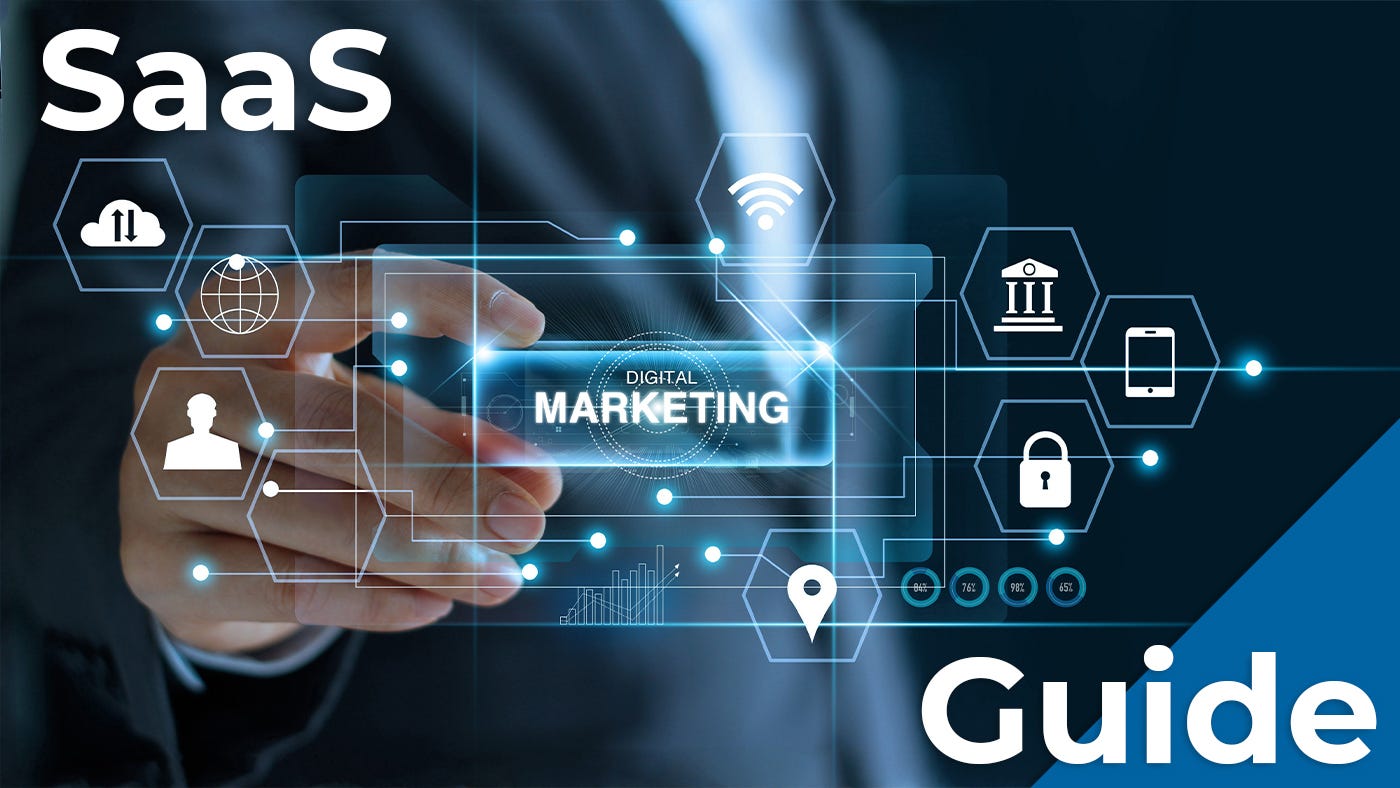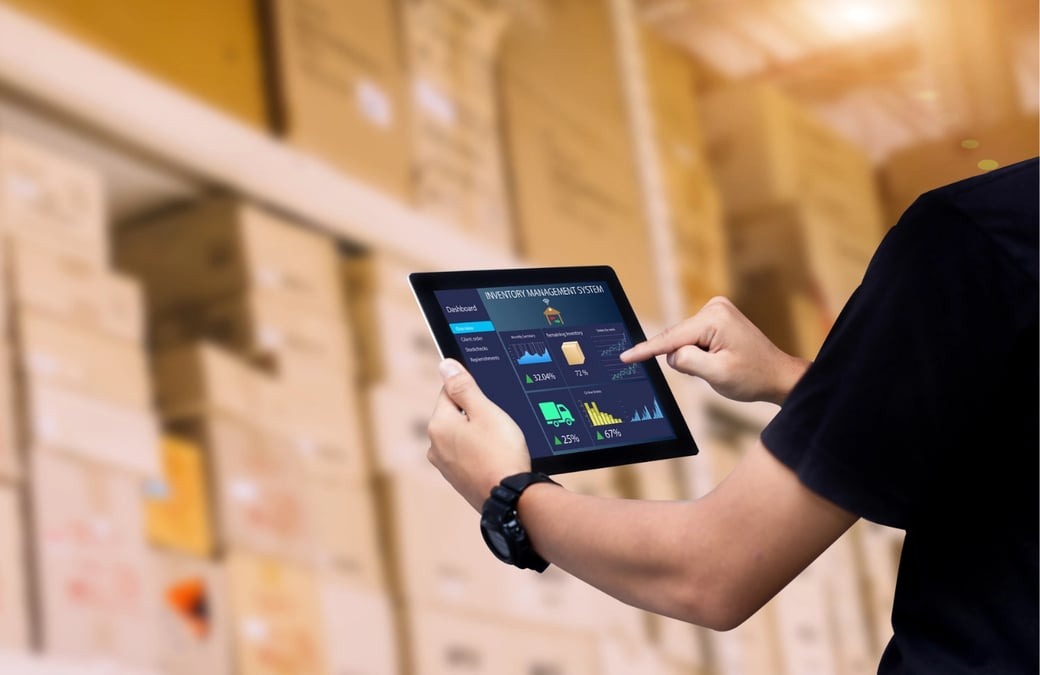The SaaS (Software as a Service) industry is booming, and as it evolves, so do the strategies and trends in SaaS marketing. As a marketing blogger, I’m here to shed light on what we, as agencies, need to be aware of to stay ahead. Whether you’re an established SaaS marketing agency or a budding one, these trends are vital for positioning your clients and yourself for growth. We’ll cover everything from AI integration to personalization and how these elements can drive customer acquisition and retention. Let’s dive into these future trends and how they can shape the landscape for SaaS marketing agencies.
The Rise of Artificial Intelligence and Machine Learning
First and foremost, AI and machine learning are not just buzzwords—they’re game changers in the marketing world. Artificial Intelligence (AI) helps automate tasks, predict customer behavior, and personalize content. For instance, chatbots powered by AI can provide instant customer support, enhancing user experience and satisfaction. According to a report by Grand View Research, the global AI market size is expected to reach $733.7 billion by 2027, reflecting its growing significance across industries.
In the context of SaaS marketing, AI can be used to analyze vast amounts of data to understand customer preferences better. This insight allows agencies to craft targeted campaigns, ensuring that the right message reaches the right audience at the right time. Machine Learning (ML), a subset of AI, can further enhance this by learning from data over time, improving the accuracy of targeting and personalization.
For example, predictive analytics, driven by ML, can help identify which users are most likely to convert, allowing for more efficient allocation of marketing resources. As a SaaS marketing agency, staying updated with these technologies and integrating them into your strategies can provide a significant edge over competitors.
Personalization at Scale
Next up is personalization—a trend that’s quickly becoming a necessity rather than a luxury. Customers today expect content and offers tailored to their specific needs and preferences. This shift is especially crucial for SaaS companies, where the buying journey often involves multiple touchpoints. According to Epsilon, 80% of consumers are more likely to make a purchase when brands offer personalized experiences.
Personalization in SaaS marketing can range from simple email personalization to more complex website content customization based on user behavior. For example, using data analytics, a SaaS marketing agency can create personalized onboarding experiences for new users, increasing their likelihood of converting into paying customers.
Moreover, dynamic content, which changes based on the user’s actions or profile, can significantly enhance engagement. For instance, recommending relevant features or add-ons based on the user’s usage patterns can increase upsell opportunities. The key here is to leverage data effectively to deliver a personalized experience at scale.
The Importance of Customer Retention
While acquiring new customers is essential, retaining existing ones is equally, if not more, crucial. Customer retention strategies are becoming increasingly important in SaaS marketing. According to Bain & Company, a 5% increase in customer retention can lead to a profit increase of 25% to 95%.
For SaaS businesses, customer retention often hinges on the product’s perceived value and the quality of customer support. A proactive approach, such as offering regular check-ins or providing value-added content (like webinars or tutorials), can help maintain a strong relationship with customers. Furthermore, utilizing tools like Customer Success Platforms can help track user engagement and satisfaction, allowing agencies to intervene when a customer shows signs of churn.
As a SaaS marketing agency, it’s vital to help clients implement effective customer retention strategies. This could involve creating content that educates users on maximizing the product’s value or setting up loyalty programs to reward long-term customers.
Content Marketing and Thought Leadership
Content marketing continues to be a cornerstone of SaaS marketing strategies. However, the focus is shifting towards thought leadership. SaaS companies are now looking to position themselves as industry experts, providing valuable insights rather than just selling a product.
Creating high-quality, informative content that addresses the pain points of your target audience can establish your brand as a thought leader. This approach not only builds trust but also attracts organic traffic. According to HubSpot, companies that publish 16 or more blog posts per month get almost 3.5 times more traffic than those that post four or fewer.
As a SaaS marketing agency, helping clients develop a strong content marketing strategy that includes blogs, whitepapers, webinars, and case studies can set them apart from the competition. Additionally, leveraging platforms like LinkedIn for thought leadership articles and engaging with industry forums can further enhance visibility and credibility.
The Shift Towards Omnichannel Marketing
Another trend shaping the future of SaaS marketing is the shift towards omnichannel strategies. In an omnichannel approach, a brand provides a seamless and consistent experience across all customer touchpoints, whether online or offline. This strategy is crucial because today’s consumers interact with brands through multiple channels, including social media, email, websites, and even in-person events.
For SaaS companies, an omnichannel strategy can help ensure a cohesive brand message and provide a better customer experience. For example, a customer who interacts with a brand’s social media channel should receive the same level of service and messaging as one who contacts customer support via email. According to the Harvard Business Review, 73% of customers use multiple channels during their shopping journey.
To implement an effective omnichannel strategy, SaaS marketing agencies should focus on integrating various communication and marketing tools. This might include synchronizing CRM systems with email marketing tools, social media platforms, and customer support systems. The goal is to create a unified customer experience that seamlessly transitions from one channel to another.
Embracing Video Marketing
Video marketing is another trend that’s gaining momentum in the SaaS industry. Videos are a powerful medium for explaining complex software solutions in a simple and engaging way. According to Wyzowl, 86% of businesses use video as a marketing tool, and 93% of marketers who use video say it’s an important part of their strategy.
Explainer videos, product demos, and customer testimonials are all effective forms of video content. They can help potential customers understand the product’s value proposition quickly. For example, a short demo video can showcase key features and benefits, helping to convert prospects who may not have the time to read a detailed blog post.
As a SaaS marketing agency, incorporating video content into your clients’ marketing strategies can significantly boost engagement and conversions. Additionally, live videos and webinars offer opportunities for real-time interaction with prospects and customers, further enhancing the connection with the audience.
Leveraging Data and Analytics
Data and analytics are at the core of effective SaaS marketing strategies. With the right data, agencies can track the performance of marketing campaigns, understand customer behavior, and make data-driven decisions. According to Forbes, 83% of enterprise executives believe that AI and analytics are key to their digital transformation efforts.
For a SaaS marketing agency, leveraging analytics tools like Google Analytics, HubSpot, or custom dashboards can provide valuable insights into what’s working and what’s not. This data can inform everything from campaign optimization to content creation and even product development.
Furthermore, data-driven marketing allows for precise targeting. By understanding the demographics, preferences, and behaviors of your target audience, you can tailor your marketing efforts to meet their specific needs. This level of precision not only improves the efficiency of marketing campaigns but also enhances the overall customer experience.
The Role of Community Building
Community building is becoming an increasingly important aspect of SaaS marketing. A strong community can foster brand loyalty, provide valuable customer insights, and create a sense of belonging among users. According to CMX, 86% of businesses believe that community building improves the customer journey.
For SaaS companies, this might involve creating online forums, social media groups, or user conferences where customers can share their experiences, ask questions, and connect with other users. These communities not only provide support but also serve as a valuable resource for gathering feedback and ideas for product improvement.
As a SaaS marketing agency, encouraging your clients to invest in community building can lead to long-term benefits. A vibrant and engaged community can become a powerful marketing asset, generating word-of-mouth referrals and reducing churn.
Navigating Privacy and Data Security Concerns
As data becomes more integral to marketing, concerns around privacy and data security are also growing. Recent regulations like the General Data Protection Regulation (GDPR) in the EU and the California Consumer Privacy Act (CCPA) in the United States have highlighted the importance of protecting customer data.
For SaaS companies, this means being transparent about data collection practices and ensuring compliance with relevant laws and regulations. According to a report by Cisco, 84% of consumers care about data privacy, and 48% have switched companies due to their data policies.
As a SaaS marketing agency, it’s crucial to advise your clients on best practices for data privacy and security. This includes obtaining explicit consent for data collection, providing clear privacy policies, and ensuring robust data protection measures. Being proactive in this area not only builds trust with customers but also helps avoid potential legal issues.
Conclusion
The landscape of SaaS marketing is rapidly evolving, and staying ahead of these trends is essential for any SaaS marketing agency looking to thrive. From leveraging AI and personalization to embracing omnichannel strategies and video marketing, there are numerous opportunities to enhance your marketing efforts and drive growth.
As we’ve explored, focusing on customer retention, community building, and data-driven decision-making can provide significant competitive advantages. Moreover, navigating privacy and data security concerns is not just a legal necessity but also a way to build trust and loyalty with customers.
By staying informed about these trends and continuously adapting your strategies, Voxturr can help clients achieve their goals and grow in an increasingly competitive market. Remember, the key to success in SaaS marketing lies in understanding your audience, staying innovative, and delivering value at every touchpoint.
Keep an eye for more news & updates on Internal Insider!










